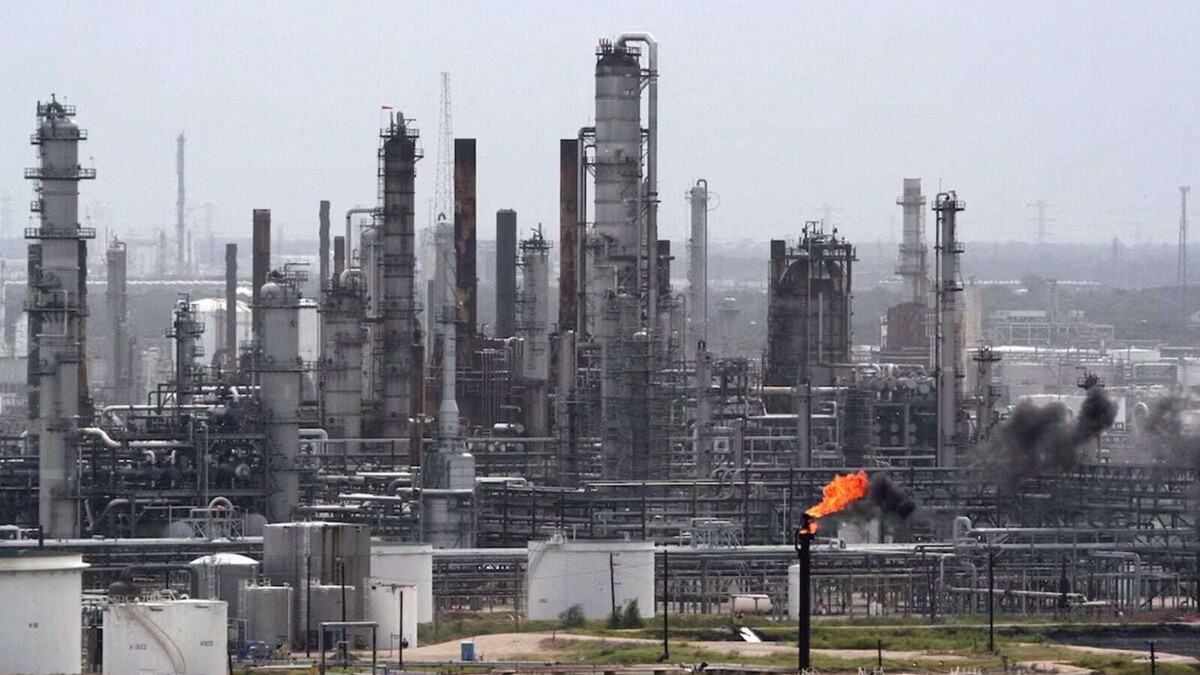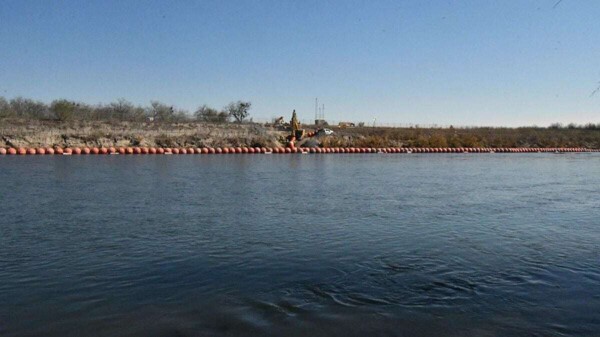
President Donald Trump announced this Friday his intentions to impose tariffs on oil and gas imports from Mexico and Canada starting February 18, an action that could take the Pemex refinery located in Texas out of the market. Ramsés Pech, a partner at Caraiva and Asociados-León & Pech Architects, believed that, in Mexico's case, the biggest loser from this measure would be the Deer Park refinery.
The specialist explained to El Financiero that, in general, tariffs on the import of Mexican oil do not pose a major problem, except for the Deer Park refinery, which sources its oil from Pemex. "If Deer Park has to pay a tariff on oil imports, the cost of its raw material will increase and raise the cost of the final product," Pech indicated. More than 90 percent of the hydrocarbons produced in Deer Park stay in the United States, which could lead this refinery to be excluded from the fuel market in U.S. territory while the tariff is in effect.
"Pemex would have to offer greater discounts to place its oil in other U.S. refineries to avoid exiting the market," Ramsés Pech pointed out.
Just last week, the United States imported almost 6 million barrels of crude oil daily from various countries. Of this total, 69.3 percent was acquired from Canada, while only 6.4 percent of the total oil imports came from Mexico.
Canadian oil sales to the U.S. would be the most affected by Trump's energy tariffs. "However, Trump says that Canadian oil would only be taxed at 10 percent, due to the fact that 60 percent of total crude imports come from that country," noted Jorge Molina, a public policy specialist.
Regarding natural gas, the United States imported most of it from Canada. Mexico, for its part, has a strong dependence on U.S. imports in this area. In terms of steel and aluminum, these would be the products most affected by potential tariffs, as Mexico and Canada are the two main steel suppliers to the United States. "In steel, Trump seems to be trying to please an industry that has not capitalized on its sector in a long time and trying to impose another lock on Chinese steel," said Molina.













